Recently, global economic uncertainty has continued to intensify. BlackRock CEO Larry Fink and JPMorgan Chase CEO Jamie Dimon have recently expressed pessimistic forecasts for the U.S. economic outlook. Meanwhile, Michael Saylor, founder of Strategy (formerly MicroStrategy), continues to bet on Bitcoin, suggesting its potential in a turbulent economic environment. These dynamics not only reveal concerns within traditional financial markets but also provide new discussion space for digital assets like Bitcoin (BTC) as a safe-haven asset.
BlackRock CEO: Economic recession may have quietly begun
According to cryptocurrency news platform Cryptodnes, BlackRock CEO Larry Fink explicitly warned in a CNBC interview that the U.S. economy may have already entered a recession. He pointed out that protectionist trade policies, especially the tariff measures implemented during former President Trump's administration, are exacerbating economic pressures and becoming key drivers of economic slowdown. Recent U.S. economic data reflects persistently high inflation, declining consumer confidence, and ongoing supply chain tensions, all of which pose potential risks for economic contraction.
Fink further analyzed that the deterioration of the global trade environment could weaken the long-term dominance of the U.S. dollar. In a shareholder letter earlier this year, he stated that if the U.S. cannot effectively control its debt levels, the dollar's status as the global reserve currency may be challenged by digital assets like Bitcoin. The Bitcoin spot ETF managed by BlackRock (iShares Bitcoin Trust) has become the largest of its kind globally, holding approximately 554,000 BTC worth about $53.78 billion as of January 2025.
Analysts from JPMorgan Chase, Deutsche Bank, and Goldman Sachs have all predicted that the likelihood of a U.S. economic recession is rising by 2025. Bitwise Chief Investment Officer Matt Hougan believes that a weak dollar may temporarily drive up Bitcoin prices and lay the groundwork for BTC's long-term role as a global reserve asset. Hougan pointed out that if the Federal Reserve shifts to an accommodative monetary policy due to economic slowdown, it will inject liquidity into the market, which has historically been a catalyst for rising Bitcoin prices.
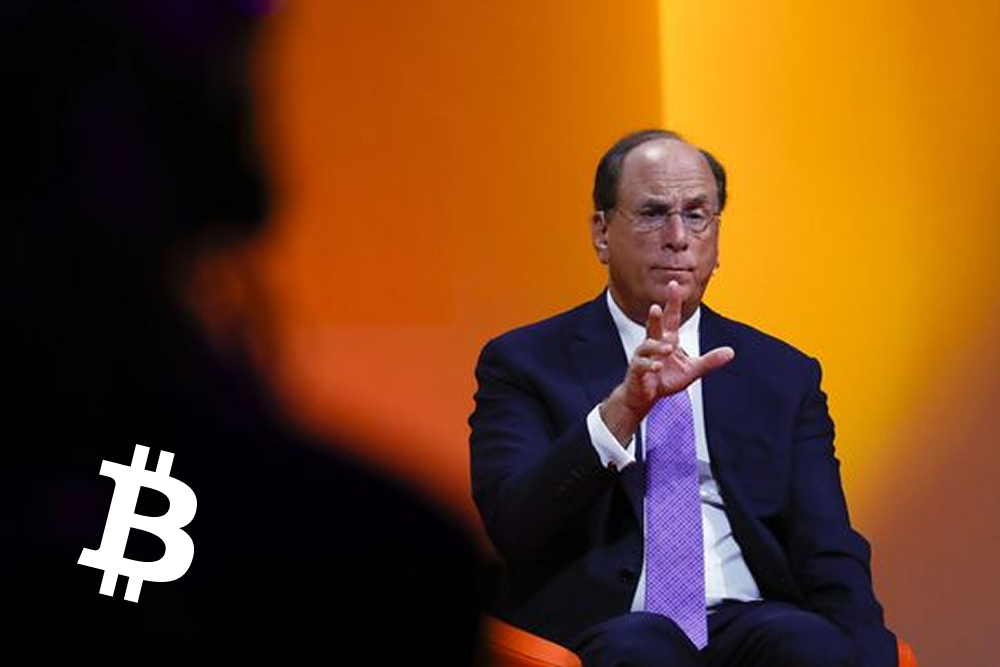
JPMorgan CEO: Turmoil in U.S. Treasury Market May Boost Bitcoin Demand
Echoing Fink's pessimistic predictions, JPMorgan CEO Jamie Dimon expressed concerns about a potential crisis in the U.S. Treasury market. According to CoinDesk, Dimon stated that the nearly $30 trillion U.S. Treasury market is facing unprecedented turmoil, and the Federal Reserve may only intervene when there is clear panic in the market. As the cornerstone of the global financial system, volatility in the Treasury market not only affects mortgage rates and corporate bond yields but could also pose a threat to overall economic stability.
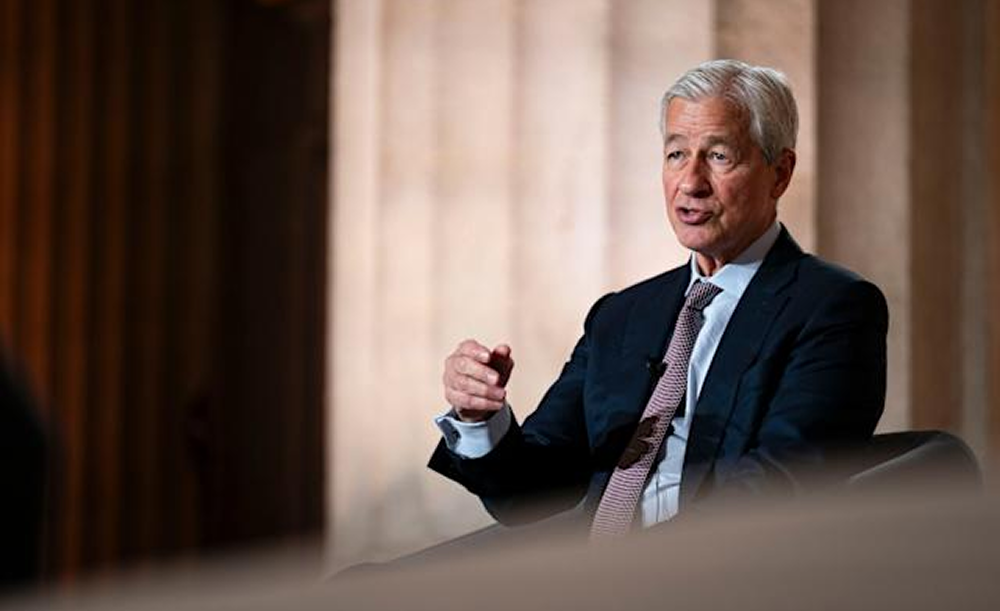
Dimon warned that if the financial system becomes chaotic due to a crisis in the debt market, the ripple effects could impact the global economy. He particularly mentioned that ongoing inflationary pressures and high fiscal deficits are undermining market confidence. In this context, some investors may turn to decentralized assets like Bitcoin to hedge against uncertainties in the traditional financial system. Looking back to 2020, the aggressive stimulus measures introduced by the Federal Reserve in response to the pandemic led to a surge in liquidity, causing Bitcoin prices to soar to historic highs that year.
Notably, despite Dimon's long-standing critical stance on Bitcoin, calling it "without intrinsic value" and associating it with illegal activities, JPMorgan has not completely dismissed digital assets. The bank has indirectly participated in the market through investments in cryptocurrency ETFs (such as Grayscale Bitcoin Trust) and is actively positioning itself in the blockchain technology space. Dimon himself recently acknowledged the significant potential of blockchain technology in data transmission and financial innovation.
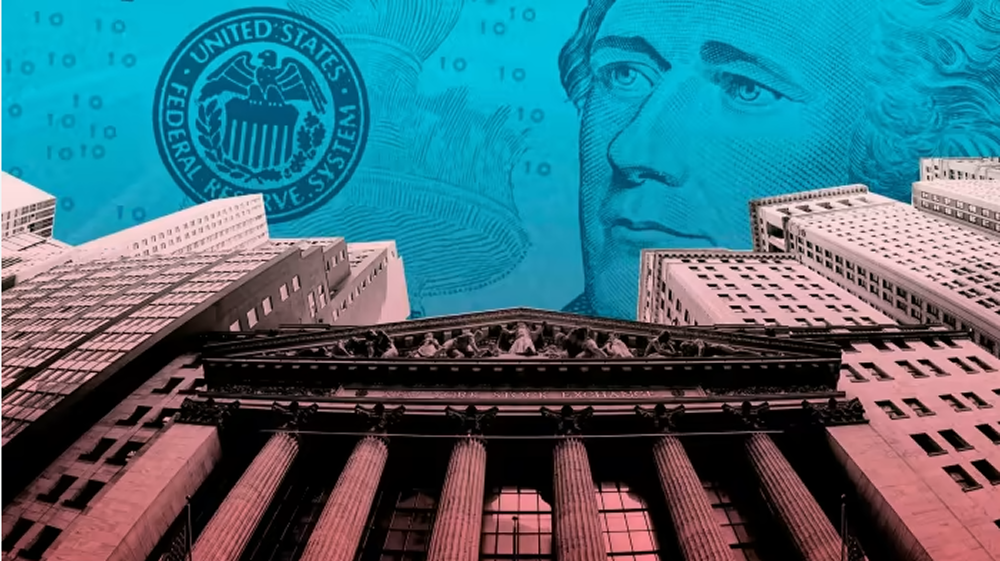
Michael Saylor: A Firm Advocate for Bitcoin
As traditional financial leaders express concerns about the economic outlook, Strategy founder Michael Saylor continues to demonstrate his confidence in Bitcoin through action. According to updates on platform X, Saylor recently posted information related to "Bitcoin Tracker," captioned "No tariffs on the orange dot." Following the company's usual operational pattern, Strategy typically discloses Bitcoin accumulation plans the day after such information is released. Since 2020, Strategy has become the largest corporate holder of Bitcoin through continuous purchases, holding 471,107 BTC worth approximately $48 billion as of February 2025.
Saylor's Bitcoin strategy is not limited to short-term speculation. He has repeatedly stated in public that Bitcoin is the ultimate asset to hedge against inflation and currency devaluation, likening it to "digital gold." The recently announced "21/21 Plan" by Strategy further highlights its ambition, aiming to raise $42 billion through equity and fixed-income securities over the next three years to continue accumulating Bitcoin. To date, the company has raised $20 billion toward this goal.
He believes that global economic uncertainty—whether due to trade frictions caused by tariffs or debt crises—will drive more institutions and individuals to view Bitcoin as a safe-haven asset. Strategy's stock (MSTR) has become a favorite among investors due to its Bitcoin exposure, and in early 2025, BlackRock increased its stake in Strategy to 5%, further confirming institutional interest in Bitcoin-related assets.
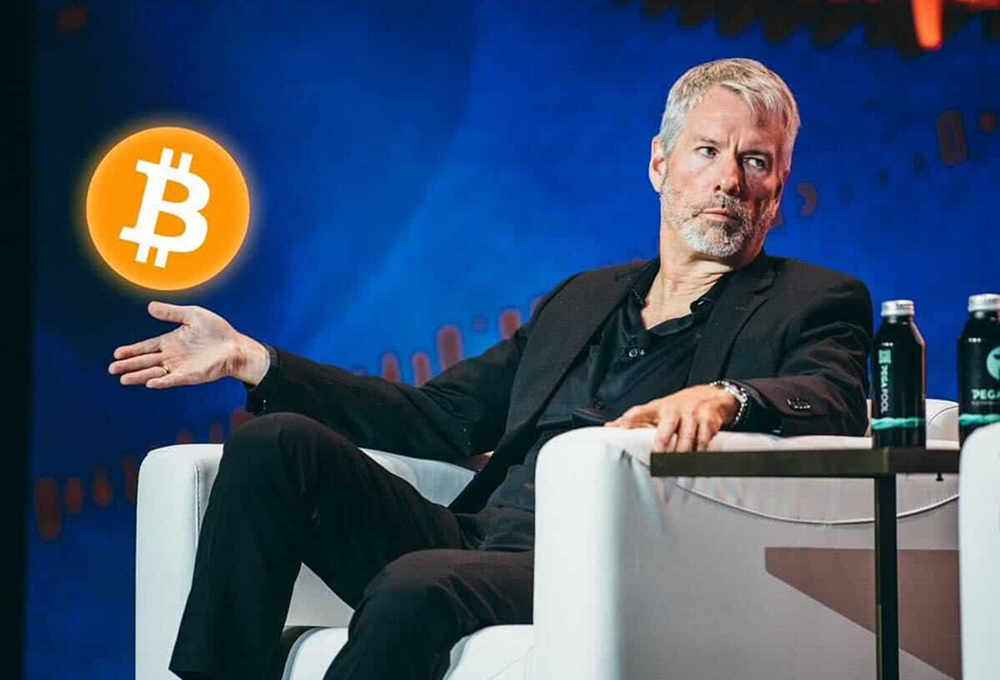
Bitcoin: A New Safe Haven Star Under the Cloud of Recession?
The statements from Fink, Dimon, and Saylor collectively paint a complex and thought-provoking picture: the global economy is facing recession risks, and Bitcoin may encounter new development opportunities in this context. Historical data shows that Bitcoin prices often perform well during periods of liquidity easing and heightened market uncertainty. For example, the Federal Reserve's quantitative easing policy in 2020 propelled BTC from $10,000 to $69,000; after the U.S. approved the Bitcoin spot ETF in 2024, BTC prices briefly surpassed $100,000.
However, the narrative of Bitcoin as a safe-haven asset is not without controversy. Critics point out that its price volatility is far greater than that of gold or Treasuries, and it lacks the intrinsic value support of traditional assets. The skepticism from traditional financial leaders like Dimon reflects the trust barriers that Bitcoin still needs to overcome within the mainstream financial system. Additionally, regulatory uncertainties and energy consumption issues may also limit its long-term development.
Nevertheless, the continued entry of institutional investors provides strong endorsement for Bitcoin. In addition to the success of BlackRock's ETF, institutions like Fidelity and Grayscale are also expanding their cryptocurrency asset allocations. Saylor's Strategy has set a benchmark for other companies through its corporate treasury strategy. According to research by VanEck, if the U.S. were to include Bitcoin as a strategic reserve asset, it could significantly alleviate the debt burden by 2049. This bold idea has sparked market discussions about the long-term value of BTC.
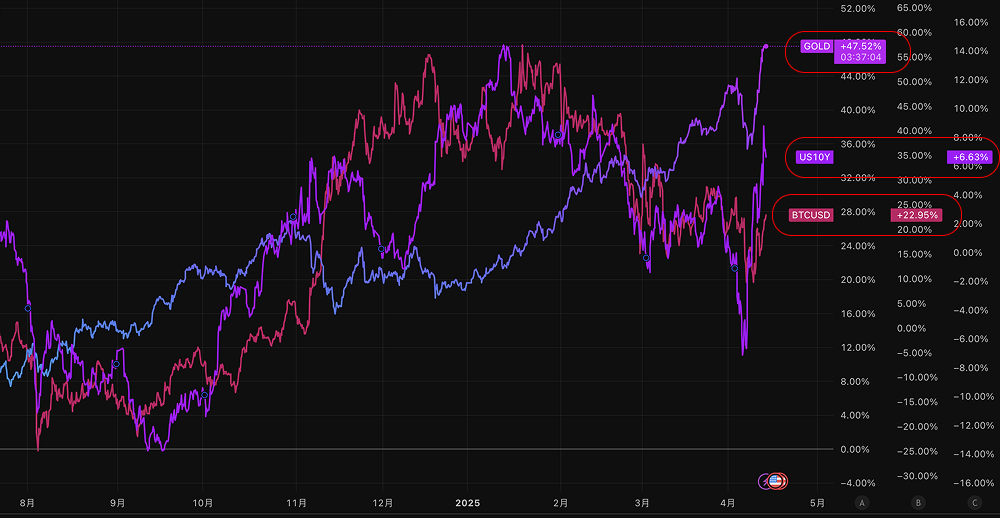
Conclusion: New Opportunities Amid Uncertainty
Larry Fink and Jamie Dimon's warnings of recession highlight the severe challenges facing the global economy, while Michael Saylor's bet on Bitcoin offers investors an alternative perspective. As the traditional financial system teeters, digital assets like Bitcoin are gradually moving from the margins to the mainstream. Whether as a tool to hedge against inflation or a potential alternative to global reserve assets, the future of Bitcoin is full of possibilities, but it also comes with risks.
This article represents the author's personal views and does not reflect the position or views of this platform. This article is for informational sharing only and does not constitute any investment advice to anyone.
AiCoin official website: aicoin.com
Telegram: t.me/aicoincn
Twitter: x.com/AiCoinzh
Email: support@aicoin.com
Group chat: Customer Service Yingying、Customer Service KK
免责声明:本文章仅代表作者个人观点,不代表本平台的立场和观点。本文章仅供信息分享,不构成对任何人的任何投资建议。用户与作者之间的任何争议,与本平台无关。如网页中刊载的文章或图片涉及侵权,请提供相关的权利证明和身份证明发送邮件到support@aicoin.com,本平台相关工作人员将会进行核查。




